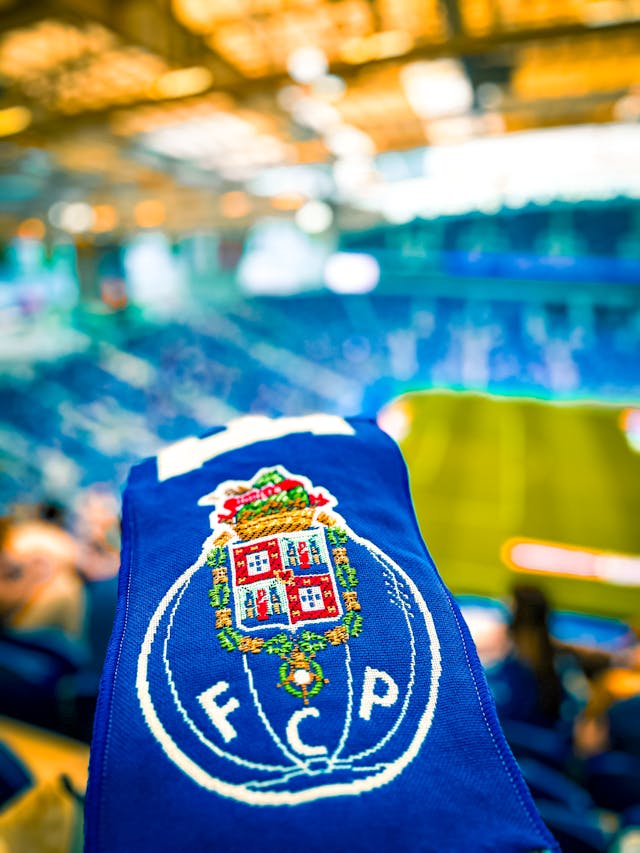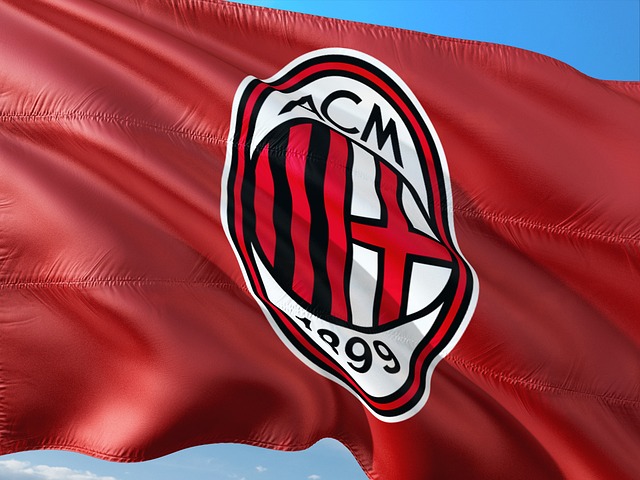The ongoing tensions between LaLiga, FC Barcelona, and Spain's sports governing bodies have escalated following the Consejo Superior de Deportes' (CSD) provisional ruling allowing Barcelona to register players Dani Olmo and Pau Víctor. This decision, which bypassed objections from LaLiga and the Royal Spanish Football Federation (RFEF), has ignited widespread backlash among LaLiga clubs.
The Dispute Over Player Registration
Barcelona faced challenges re-registering Olmo and Víctor for the second half of the season due to LaLiga’s financial fair play rules. The club’s failure to provide necessary documentation regarding revenue from VIP box sales at the Spotify Camp Nou led to their initial deregistration. Although Barcelona later presented evidence of funds from Middle Eastern investors, both LaLiga and RFEF rejected the re-registration request, citing regulatory non-compliance.
The CSD intervened with an urgent provisional measure, citing potential "serious economic and sporting damage" to Barcelona and the players if the registrations were denied. This allowed the players to participate in competitions pending a final resolution of the case. The timing of the decision—announced just before Barcelona’s Spanish Super Cup semifinal—added fuel to the controversy.
LaLiga’s Legal Challenge
LaLiga has announced plans to contest the CSD ruling in court, questioning the legal reasoning and process behind the decision. The league argues that the Monitoring Committee's initial rejection of Barcelona's registration request adhered to established rules under Articles 130.2 and 141.5 of the RFEF General Regulations, which prohibit re-registering a player removed from a roster within the same season.
LaLiga claims the CSD’s decision undermines financial controls critical to the league's solvency and sets a precedent that could erode regulatory fairness.
Club Reactions: Atletico Madrid and Espanyol Lead the Charge
Several clubs, including Atlético Madrid and RCD Espanyol, have expressed outrage over the ruling, calling it a threat to competitive integrity.
In a strongly worded statement, Atlético Madrid declared, “This decision jeopardizes the current system, questioning the rules of the game.” The club emphasized that LaLiga’s financial controls have been instrumental in maintaining the solvency and international reputation of Spanish football. They warned that government intervention creates a dangerous precedent, enabling future rule circumventions.
Similarly, Espanyol criticized the CSD’s “unusual speed” in granting the provisional measure, accusing the council of undermining the principles of equality and fairness. The club underscored its commitment to financial compliance and urged a review of the decision, describing it as a discredit to both LaLiga and RFEF.
A Divided Landscape
While Barcelona welcomed the decision, rival clubs have raised concerns about its implications for the broader football ecosystem. Real Madrid manager Carlo Ancelotti refrained from public comment, but tensions among stakeholders remain palpable. The controversy has also sparked criticism of Barcelona president Joan Laporta's conduct during the Super Cup semifinal.
The case highlights growing divisions within Spanish football, with clubs like Atlético and Espanyol demanding adherence to clear and consistent regulations. As legal battles loom, the outcome could redefine the balance of power between governing bodies and clubs in Spain’s football hierarchy.
This dispute serves as a critical juncture for Spanish football, testing its commitment to financial accountability, regulatory fairness, and the integrity of competition.
Featured Image Credit: Pexels / Abir Hasan, Pixabay / jorono
.png)



.jpg)
.jpg)
.jpg)




